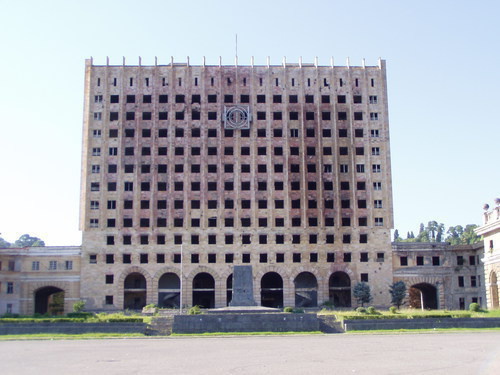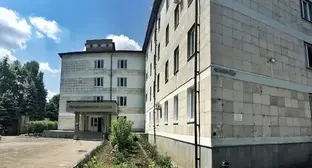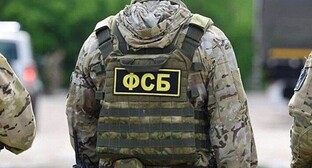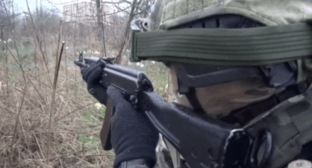
14 August 2017, 14:04
War in Abkhazia (1992-1993): main facts
25 years ago, on August 14, 1992, the war in Abkhazia began. The conflict broke out after the Supreme Soviet of the Abkhaz ASSR, having restored the Constitution of Abkhazia of 1925, proclaimed the independence of the republic. The State Soviet of Georgia abolished this decision and deployed the troops of the National Guard of Georgia in Abkhazia.
The restoration of the historical constitution of Abkhazia was preceded by a similar decision taken on the basic law of Georgia. Back in April 1991, the Supreme Soviet of Georgia, chaired by Zviad Gamsakhurdiya, adopted an act on state independence, which declared the legal strength of the Constitution of the Georgian Democratic Republic of 1921. This decision was one of the prerequisites for the war in Abkhazia, because the 1921 constitution failed to fix Abkhazia as a part of Georgia.
Active warfare continued in Abkhazia for a little over a year – until the end of September 1993. Fierce battles were for Sukhumi, Gagra, Tkvarcheli and in the vicinity of Ochamchira. The parties in conflict repeatedly violated international humanitarian norms – they exposed cruelty and inhumanity, including against the civilian population. In particular, the parties resorted to ethnically-based ousting of population from strategically important regions.
The confrontation in Abkhazia unfolded against the background of the civil war in Georgia that broke out between supporters of the deposed, in January 1992, Zviad Gamsakhurdiya and forces subordinate to the State Soviet of Georgia headed by Eduard Shevardnadze.
The hottest phase of the conflict began in mid-August, when units of the Georgian National Guard invaded the territory of Abkhazia, under the pretext of protecting the railway traffic, and began advancing towards Sukhumi. At the same time, the Georgian assault force landed in the settlement of Gantiadi, Gagra District, and took control over Abkhaz-Russian border.
On August 18, Abkhaz separatist forces and the republic’s government left Sukhumi and relocated to Gudauta District. The capital of the republic occurred under control of the Georgian militaries.
In October 1992, the Abkhaz forces, using the weapons seized at the Russian military base of the missile-antiaircraft regiment stationed in Gudauta, launched an offensive and captured Gagra.
On September 3, 1992, in Moscow, during the meeting of Russian President Boris Yeltsin with the head of the State Soviet of Georgia Eduard Shevardnadze and the head of the separatist Abkhazia Vladislav Ardzinba, a document was signed, which envisioned a ceasefire and withdrawal of Georgian troops from Abkhazia; however, this agreement was not implemented. The warfare in the territory of the republic continued.
Apart from Abkhaz militias, mercenaries and volunteers from Northern Caucasus, in particular commanded by Chechen field commanders Shamil Basaev, Ruslan Gelaev and Khamzat Khankarov, took part in battles for separatists. Besides, Don and Kuban Cossacks, as well as volunteers from Transnistria, fought on the side of Abkhazia.
On July 27, 1993, Abkhazia signed another agreement with Georgia on a temporary ceasefire. The role of the guarantor of the enforcement of agreements was taken by the Russian government. However, on September 16, the ceasefire was broken by the Abkhaz party. Separatist forces regained control over almost the entire territory of Abkhazia and occupied Sukhumi.
On May 14, 1994, Georgia and Abkhazia signed an agreement in Moscow on a ceasefire and separation of forces. In the conflict zone, the Collective Peacekeeping Force of the CIS, which fully comprised of Russian servicemen, and the UN mission of military observers were deployed.
The war in Abkhazia claimed more than 8000 lives. About 18,000 were wounded. Sukhumi, Gagra and other cities suffered greatly from devastation. About 200,000 Georgians – almost half of the pre-war population of Abkhazia – were forced to abandon their homes.




